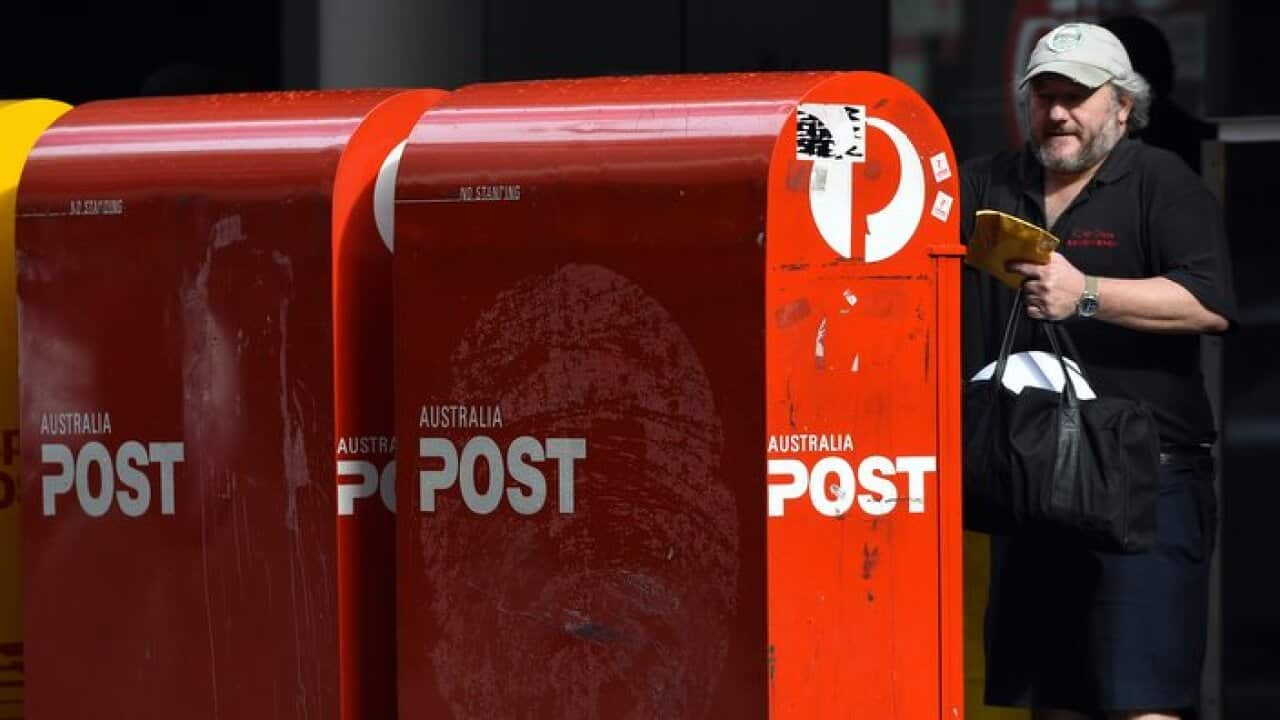FAMILIES
Immunisation changes to access childcare payments
Immunisation requirements for childcare payments and Family Tax Benefit Part A supplement changed today. The No Jab, No Play rules were supported by both sides of the federal Parliament. To meet the immunisation requirements for Family Tax Benefit Part A supplement and Child Care Benefit, your child needs to be up to date with their immunisations according to the early childhood vaccination schedule appropriate for your child’s age, or have a medical exemption.
Nanny subsidy program begins
The two-year Nanny Pilot Programme, which starts from January 2016, will provide an hourly subsidy for about 10,000 children to help families meet the cost of using a nanny. It will support families who find it difficult to access child care services because they work non-standard hours, or live in remote areas or away from existing child care. For each child, successful families will receive a percentage of the $7 hourly subsidy. Families earning up to $60,000 are eligible for $5.95 per hour per child, and families earning between $165,000 and $250,000 are eligible for $3.50 per hour per child. The program is not intended to fully subsidise the cost of a nanny.
SUPERANNUATION AND TAXES
New caps on superannuation income
From today, the deductible amount for you and your partner’s defined benefit income streams will be capped. The deductible amount of a defined benefit income stream is also known as the tax free component. A defined benefit income stream is a pension paid from a public sector or other corporate defined benefit superannuation fund where the pension generally reflects years of service and final salary. The government uses the income you receive to assess your eligibility for payments and other entitlements. The income they assess from defined benefit income streams may be reduced by the tax free component. This change will impact income support payments, Low Income Health Care Card, and aged care fees.
Residential, rental care changes
Rental income will be included in the aged care means test for all new Residential Care recipients and some existing Residential Care recipients from today. Currently, rental income from a Residential Care recipient’s former principal home is included in the aged care means test if they make lump sum accommodation payments. It is not included if they make periodic accommodation payments or a combination of periodic and lump sum accommodation payments. Residential Care recipients, entering care after January 1, 2016, will have rental income from their former principal home included in the aged care means test. See the Human Services website for more information.
HEALTH
Cost of Panadol Osteo to rise
The makers of the popular painkiller Panadol Osteo are lifting its price 50 per cent today.
GlaxoSmithKline said the price hike was due to changes to the Pharmaceutical Benefits Scheme under which the government is stopping subsidising medications that can be bought cheaply over the counter.
Pensioners with arthritis, who use the slow release pain reliever, currently pay just $6.10 for 192 tablets each month. This will rise to $12 from January 1 when the pills are no longer subsidised.
17 medications to come off the PBS
Panadol Osteo is one of 17 types of medication that will be removed from the subsidy scheme in 2016 to save taxpayers $87 million a year. Other medications include aspirin, medication for reflux, skin allergies, antacids, chloramphenicol eye products, iron/folic acid supplements, electrolytes, urine test strips, laxatives and Vitamin B12 injections. Unlike slow release paracetamol most of these other medications will be cheaper to buy off the PBS.
$1 discount option on prescription medicines
From today, chemists will be allowed for the first time to discount the price the patient pays for prescription medicines subsidised by the government. The price a pensioner pays for prescriptions will rise to $6.20 in line with inflation in January 1 but chemists will be able to sell the medicine for just $5.20 per script. The price of a subsidised script will rise to $38.30 for general consumers but chemists will be able to sell them the medicine for just $37.30.
In the past government rules have prevented pharmacists discounting the patient copayment that applied to subsidised prescription medicine. But that changed under a new five year pharmacy agreement signed earlier this year, aimed at increasing competition in the industry.
Mega discount chain Chemist Warehouse has already pledged to pass on the discount to all its customers from January 1.
POSTAL COSTS TO RISE
Stamps will rise from 70 cents to $1 on January 4 after Australia Post got approval to increase the price of regular postage stampsfrom the Australian Competition and Consumer Commission.
The price hike comes as the nationa’s postal service faces less need for delivering mail and decreasing revenues.
YOUTH
Incentives to find work
From today, school leavers 15 to 21 years of age will be given greater incentives to study or work. This will include requiring early school leavers to meet their activity test requirements of 25 hours per week until they get a Year 12 or Certificate III qualification or turn 22, or requiring early school leavers to look for work if they are not in fulltime study, or are not in a combination of study and part-time work for 25 hours per week.
PASSPORTS
From January 2016, child applicants aged 16 or 17 will be issued with 10-year passports instead of five-year passports, which will cost $254, the same cost as an adult passport.
Share

